Performing two units of Prayer
Intention :
Before prayer, one should inform the intention of what kind of prayer, how many rakats and all these prayers are only for Allah.
Hadith Al-Bukhari, Muslim:
The Prophet Muhammad ﷺ said, “The reward of deeds depends upon the intention, and a person will get the reward according to what he has intended…”
One must be aware in their mind which prayer they are praying. One must clear their mind from anything not related to the prayer and be aware that this could be their last prayer, and so try their best to perfect it.
Hadith Tirmidhi:
The Prophet Muhammad ﷺ advised:, “When you stand up to pray, perform your prayers as if it were your last.”
Takbir – saying “Allah is the Greatest”
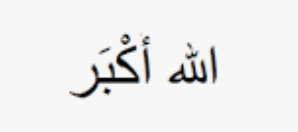
Allah is the Greatest
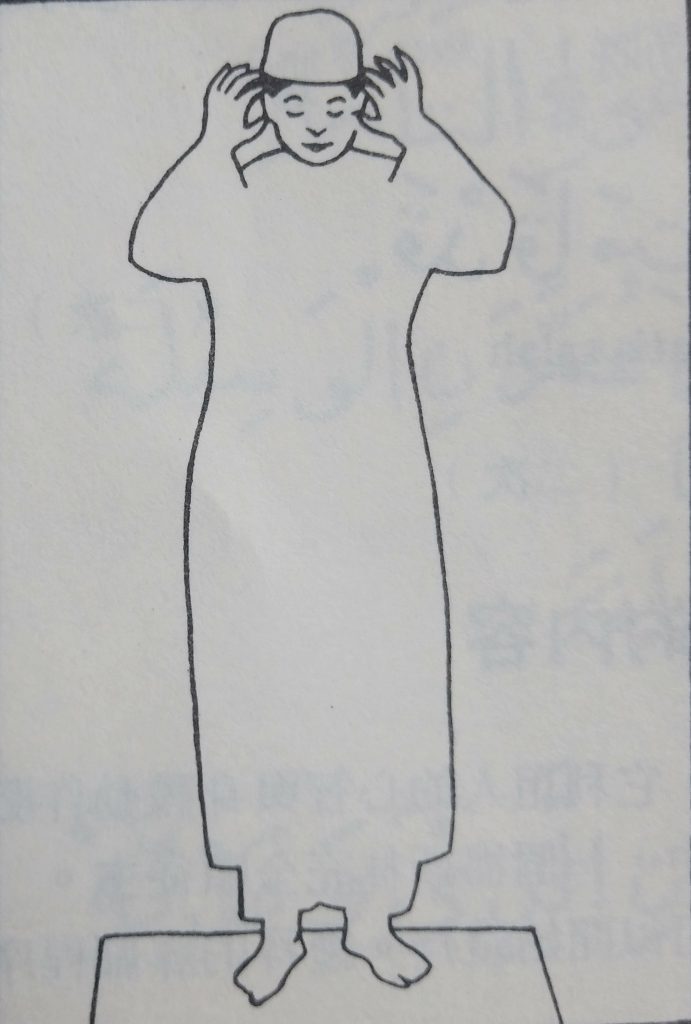
Thana – Praising Allah – The Prophet ﷺ would place his right arm over his left arm on his chest and just above the elbow. (Hadith Al-Bukhari)
When the Prophet ﷺ performed prayer, his eyesight did not leave the place of prostration and he forbade us from looking up at the sky or looking around in prayer. (Hadith Al-Bukhari, Muslim)
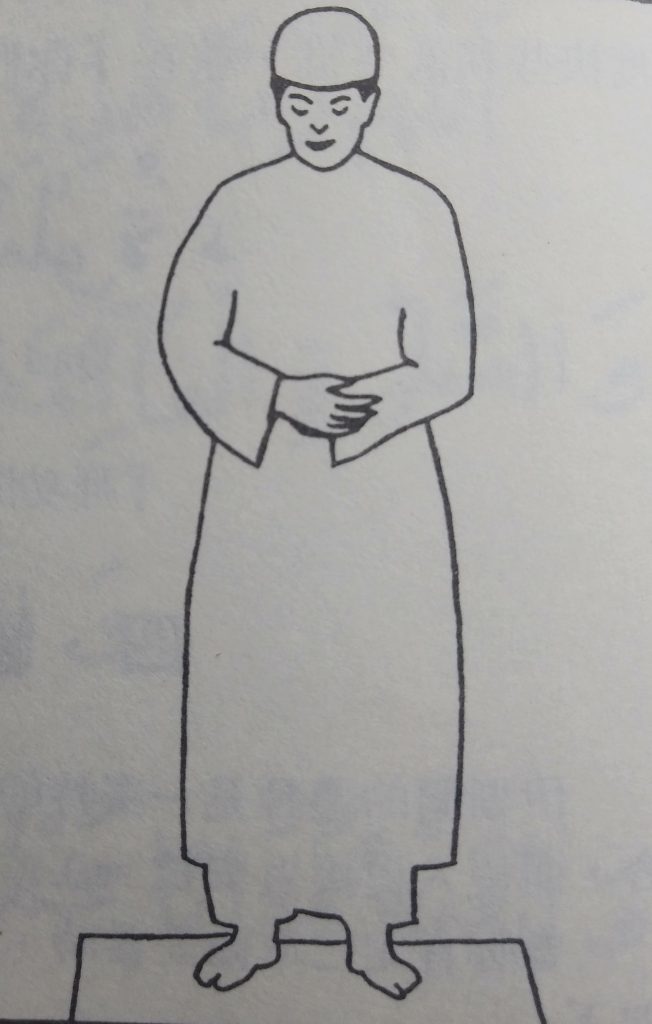

All Glory be to You O Allah! and praise be to You; Blessed is Your name

and Exalted is Your Majesty, and there is none worthy of worship besides You.

I seek refuge in Allah from the accursed Shaitan
Recite Quran Al-Fatiha (the first Surah) – “And We have certainly given you seven of the often repeated [verses] and the great Qur’an.“(Al-Hijr 15:87)

In the name of Allah, the Most Gracious, the Most Merciful

[All] praise is [due] to Allah, Lord of the worlds –

The Most Gracious, the Most Merciful

Sovereign of the Day of Judgment

It is You we worship and You we ask for help.

Guide us to the straight path –

The path of those upon whom You have bestowed favor, not of those who have evoked [Your] anger or of those who are astray.
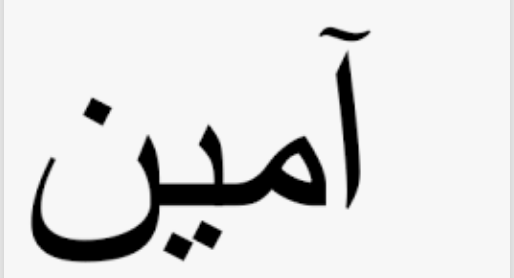
Lord! Accept the prayer
After the beginning Surah, one can choose any Surah for the next, here is the Surah 112 Al-Ikhlas as example.

Say, “He is Allah, [who is] One,

Allah, the Eternal Refuge.

He neither begets nor is born,

Nor is there to Him any equivalent.”
The Rukoo’ (Bowing)
After completing his recitation, the Prophet ﷺ would pause for a moment, then raise his hands saying the takbir, as it was done at the beginning of the prayer, and then bow. (Hadith Al-Bukhari, Abu Dawood).

Allah is the Greatest

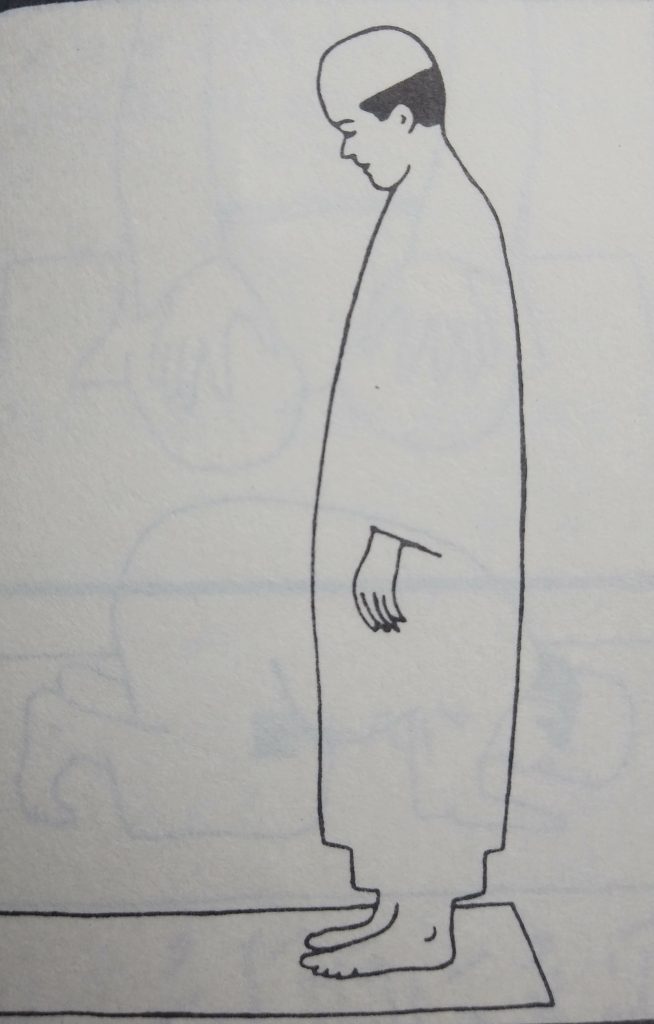
When the Prophet ﷺ bowed (RAKU) in prayer he kept his back level, such that if water was poured on it, the water would not run off. (Hadith Al-Bukhari)
The Prophet ﷺ would not let his head hang down nor would he raise it. (Hadith Al-Bukhari, Muslim)
The Prophet ﷺ would place his hands firmly on his knees, as though he were grasping them, with his fingers spaced out. (Hadith Al-Bukhari)
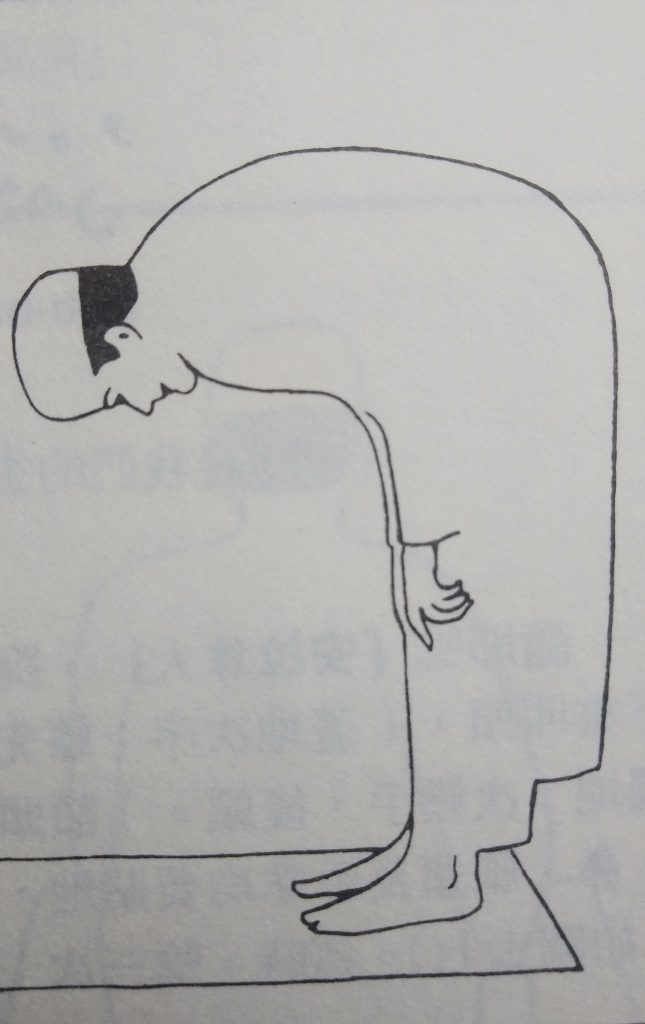

How perfect is my Lord, the Supreme
Straightening up from the Bowing position
Muhammad ﷺ would then straighten up his back from the bowing position, while raising his hands and saying:


Allah listens to one who praises Him
In the Standing position, the Prophet ﷺ would then say:

Our Lord & to You be all Praise
Prophet Muhammad ﷺ would then say the Takbir and go down in prostration. (Hadith Al-Bukhari, Muslim)

Allah is the Greatest

Then go down in prostration (SAJDAH), during this, seven parts of his body will touch the ground:
His forehead and the tip of his nose.
Both hands level with the ears pointing towards the Qiblah, with the arms away from his sides.
Both knees
Both feet with the bottom of the toes pointing towards the Qiblah, keeping the heels together. (Hadith Al-Bukhar))
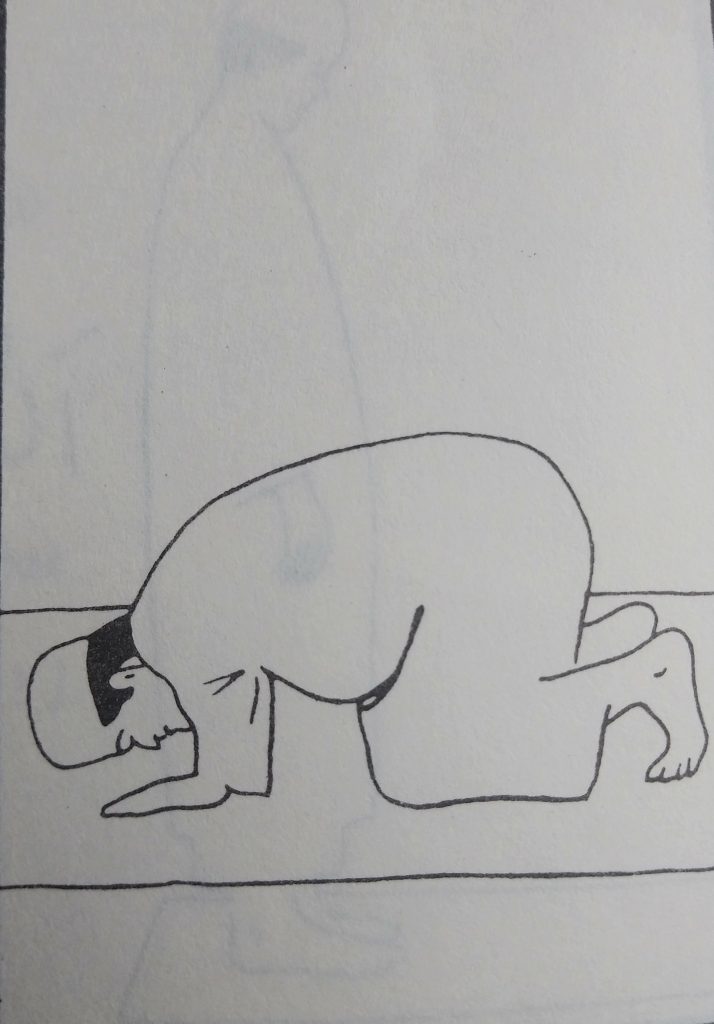

Glory be to my Lord, the Most High
Then rising from the prostration, in the sitting position, recite 2 times:
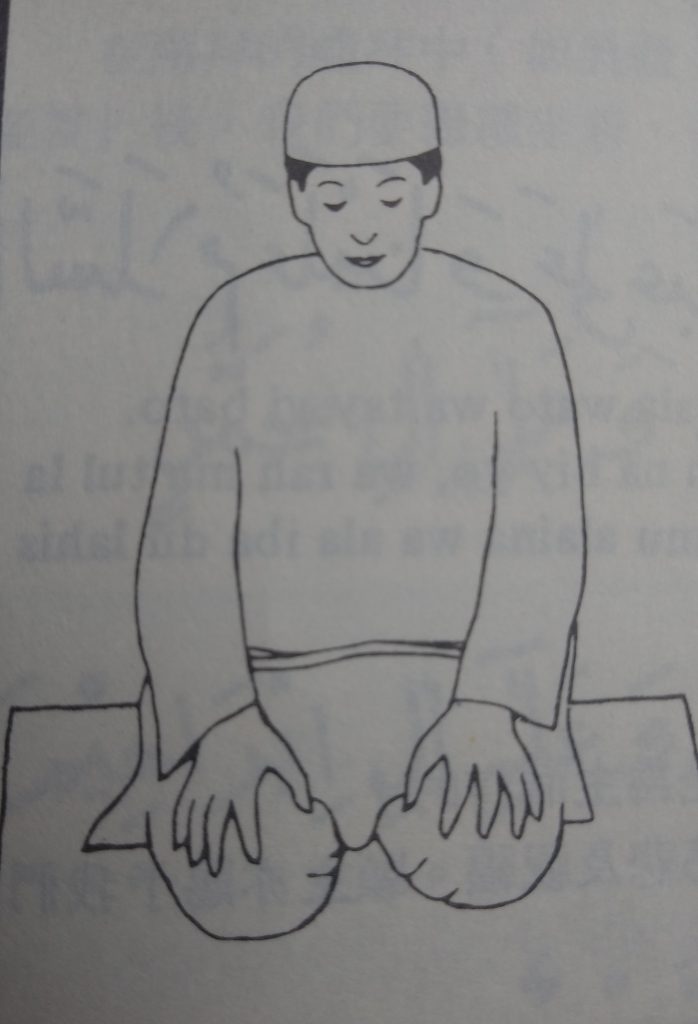

My Lord! Forgive me

Allah is the Greatest
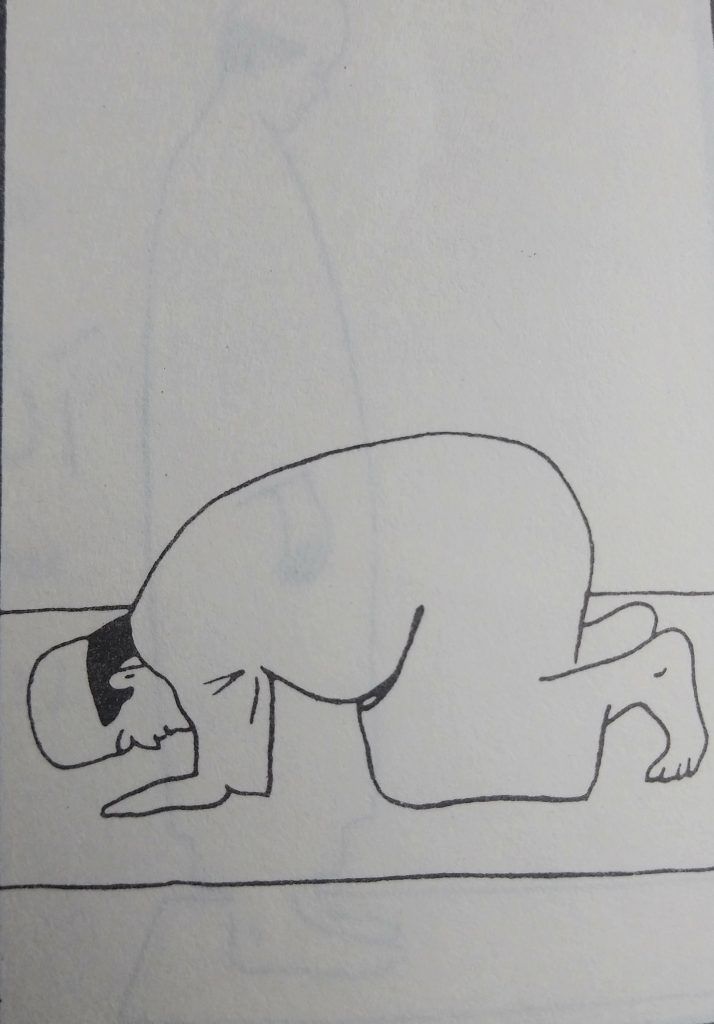

Glory be to my Lord, the Most High x3 times
The Prophet ﷺ would then say the takbir while raising his head from the prostration & stand for the second unit of prayer. (Hadith Al-Bukhari). This complete as one Rakat.

Allah is the Greatest
When rising for the second unit, the Prophet ﷺ would sit for a short while then get up supporting himself on the ground with his clenched fists. At times the Prophet ﷺ got up without sitting. (Hadith Al-Bukhari)
This is the end of first unit or first Rakat, it will repeat again the above process while standing again with reciting the first Quran Surah Al-Fatihah, then choose any small Surah to recite after that. Every two Rakat, one sitting except Magharib. The second Rakat will be same as the first rakat, but at the end after the prostration, and Allahu Akbar, sit down instead of standing. The sitting position as shown as below.
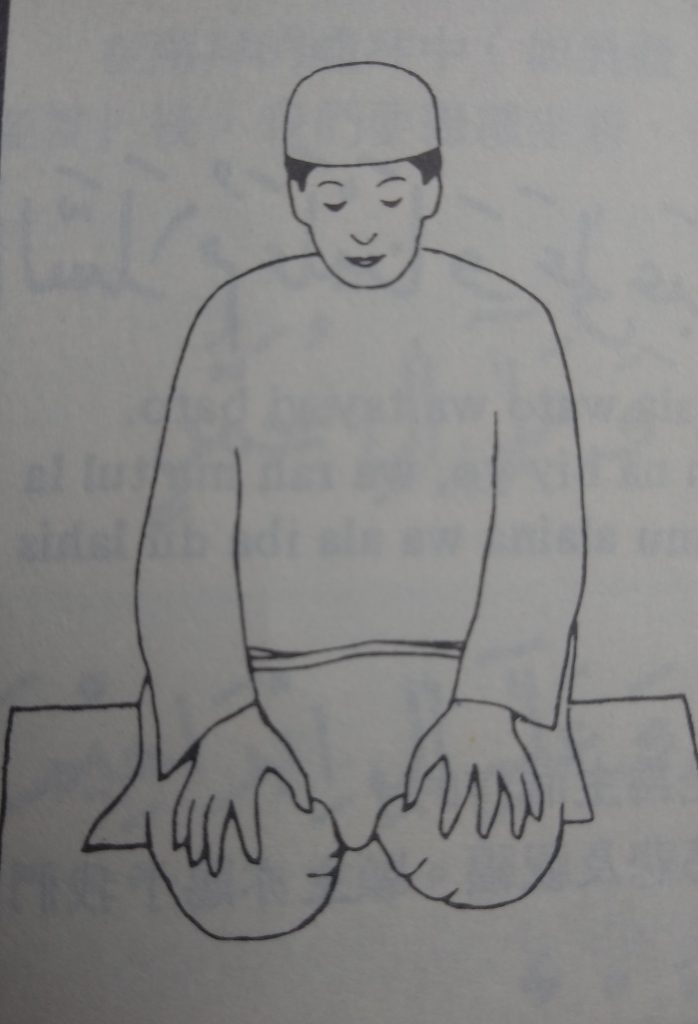
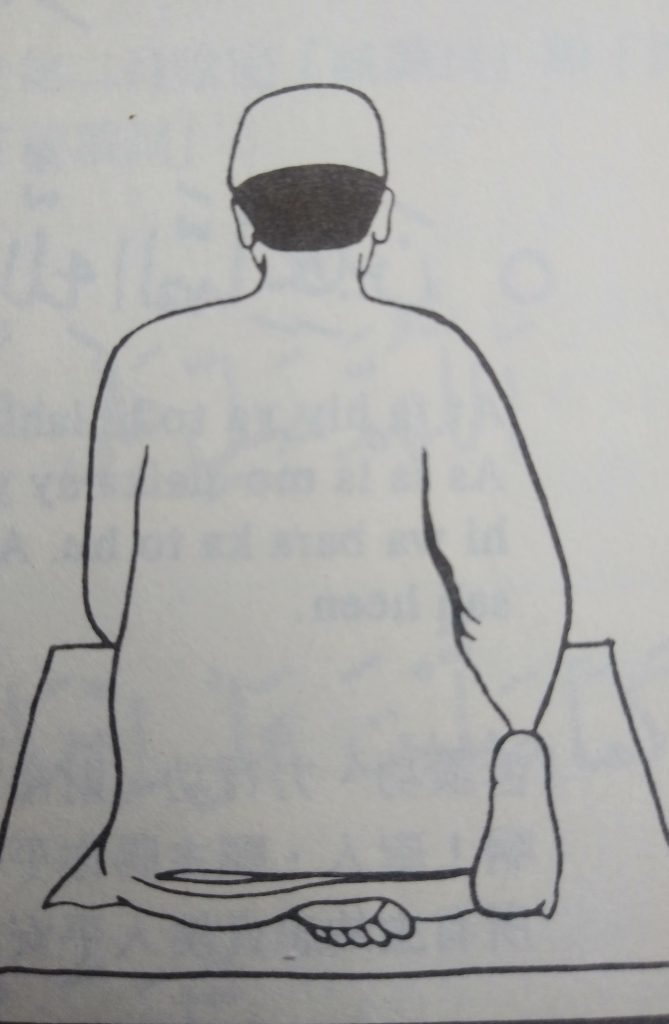
During this time, recite quietly:

All compliments, prayers, and good things are due to Allah.

Peace be upon you, O Prophet!

Allah’s Mercy and Blessings on you too.

Peace be on us, and on the righteous slaves of Allah.
After this, recite:

I testify that none has the right to be worshipped but Allah

And I testify that Muhammad is His slave and Messenger.
If this prayer is more than two rakats in total, then after the above Dua, then recite “Allahu Akbar” and stand up to start the praying cycle again. If this is only two rakats (e.g. Fajr), then after the above, we should continue reciting the following:

O Allah, send grace and honour on Muhammad and on the family of Muhammad

Just as You sent grace and honour on Abraham and on the family of Abraham, Indeed You are Worthy of Praise, full of Glory

O Allah, send Your Blessings on Muhammad and on the family of Muhammad

Just as You send Blessings on Abraham and on the family of Abraham, indeed You are Worthy of Praise, full of Glory
After this, turn to your right and say Salam as mentioned below because Quran (50:16-17) “And We have already created man and know what his soul whispers to him, and We are closer to him than [his] jugular vein When the two receivers (angels) receive, seated on the right and on the left.” Then, say Salam to your left.

Peace and Mercy of Allah be on you
Remark:
– Only the first two rakats need to recite one extra Surah after reciting Al-Fatihah. After two rakats, just need to recite only Al-Fatihah.
– For Fajr, Magharib and Isha prayer, recite Quran loudly for the first two rakats. For Zuhr and Asr, recite Quran quietly throughout the prayer.
Supplication (Dua) after prayer
After prayer, it’s not obligatory to say the supplication and no fixed content. However, the below are the common supplications for whoever would like to ask for more from Allah.

I ask Allah for forgiveness- 3 times
Or to recite Quran 2:255

Allah – there is no deity except Him, the Ever-Living, the Sustainer of [all] existence.

either drowsiness overtakes Him nor sleep.

o Him belongs whatever is in the heavens and whatever is on the earth.

Who is it that can intercede with Him except by His permission?

He knows what is [presently] before them and what will be after them,

and they encompass not a thing of His knowledge except for what He wills.

His Kursi (Chair) extends over the heavens and the earth,

nd their preservation tires Him not. And He is the Most High, the Most Great.
After that:
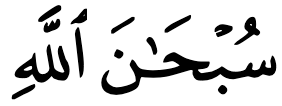
Glory to God-33 times

Praise be to God – 33 times

God is the Greatest – 33 times
After that:

There is none worthy of worship except Allah who has no partners, for Him is the Dominion, and for Him is all Praise, He brings life and He causes death, and He is Alive and does not die, in His Hand is all good, and He is able to do all things
After prayer, you can use any language that you understand to pray to Allah, praise Him, thank Him, ask forgiveness from Him for oneself or for families or for others. Raise your hand while still in sitting position. No restricted content, speak to Allah directly about whatever you want, whatever worries you have, or whatever happiness you want to share, etc.
Extra prostration due to mistakes or forgetting during prayer
It’s ok if one makes mistakes during prayer or suspect yourself has made mistakes, or reciting extra or less Surah, one can continue praying until the end when saying Salam to your right hand side, after that, prostrate two more times and the recitation will be same as normal prayer. After that, say salam to the right again, and salam to the left to complete the prayer.
Others
(17:110-111)
Say, “Call upon Allah or call upon the Most Merciful. Whichever [name] you call – to Him belong the best names.” And do not recite [too] loudly in your prayer or [too] quietly but seek between that an [intermediate] way. And say, “Praise to Allah, who has not taken a son and has had no partner in [His] dominion and has no [need of a] protector out of weakness; and glorify Him with [great] glorification.”
(4:101) And when you travel throughout the land, there is no blame upon you for shortening the prayer, [especially] if you fear that those who disbelieve may disrupt [or attack] you. Indeed, the disbelievers are ever to you a clear enemy.
References
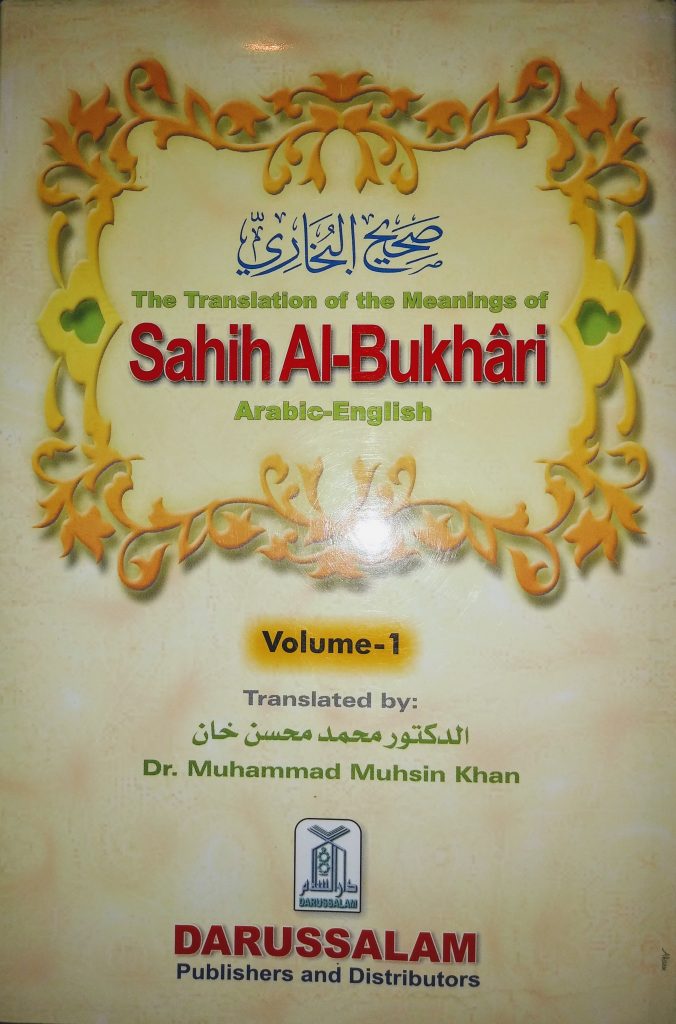
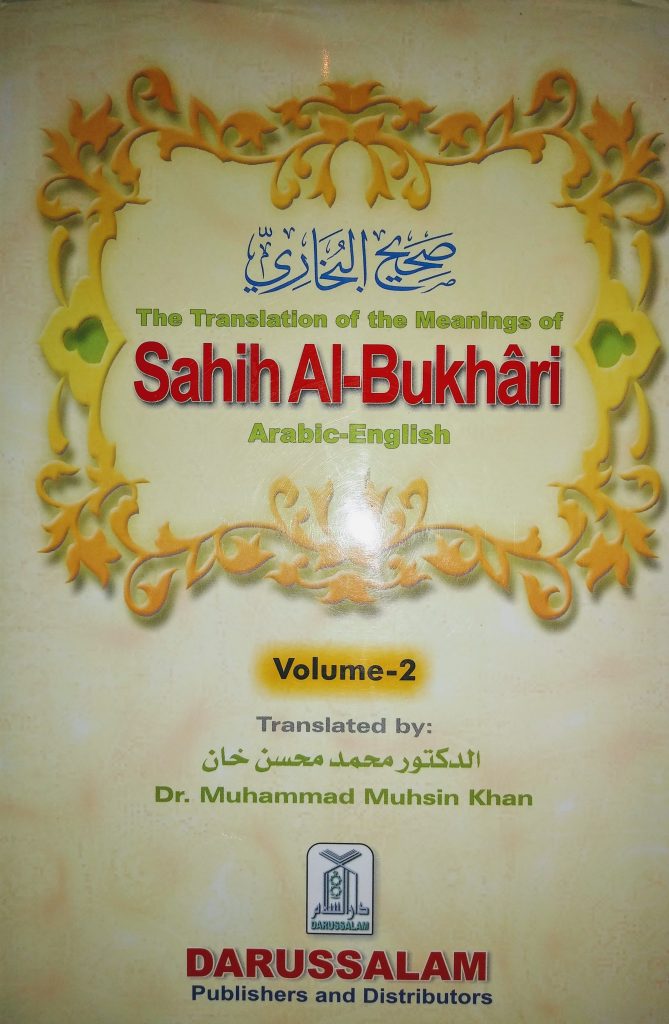
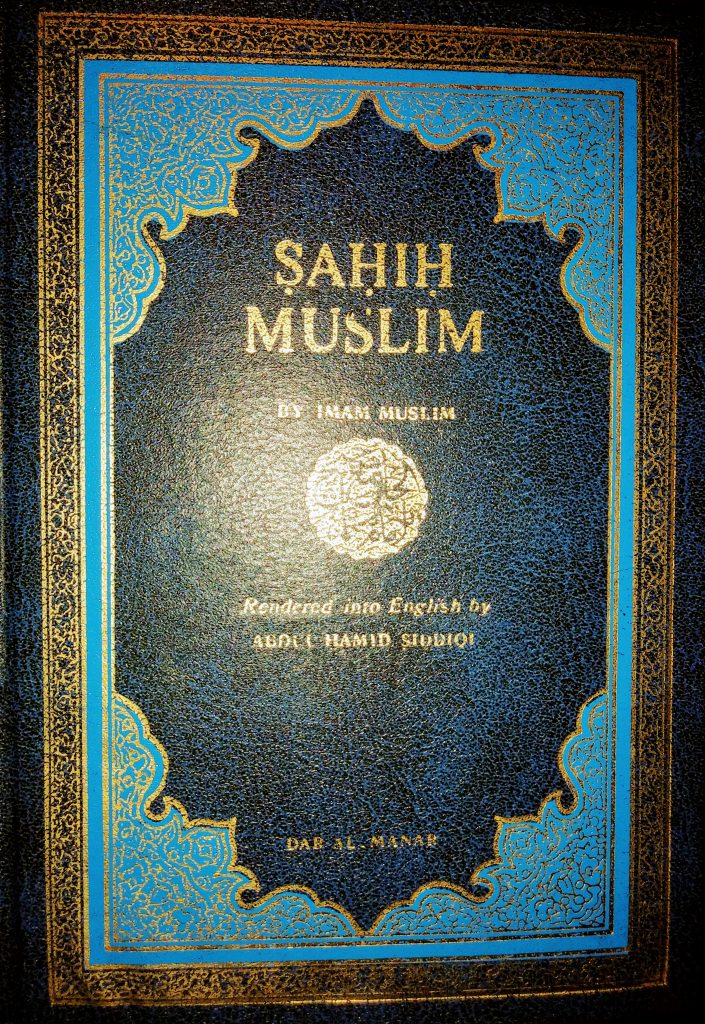
Volume 1 & 2